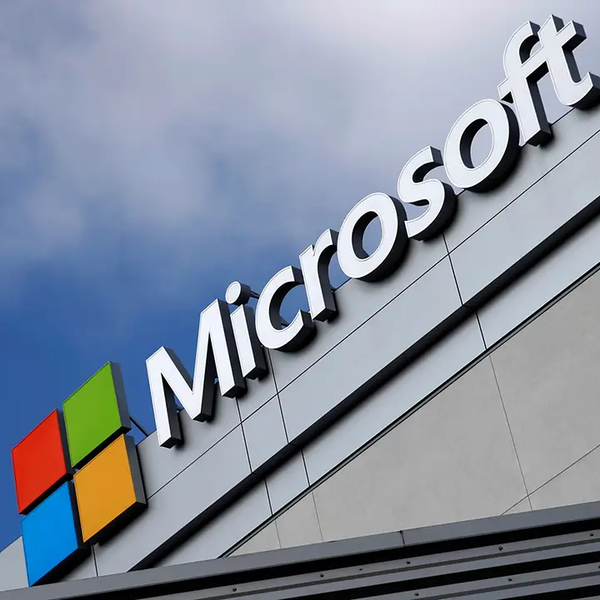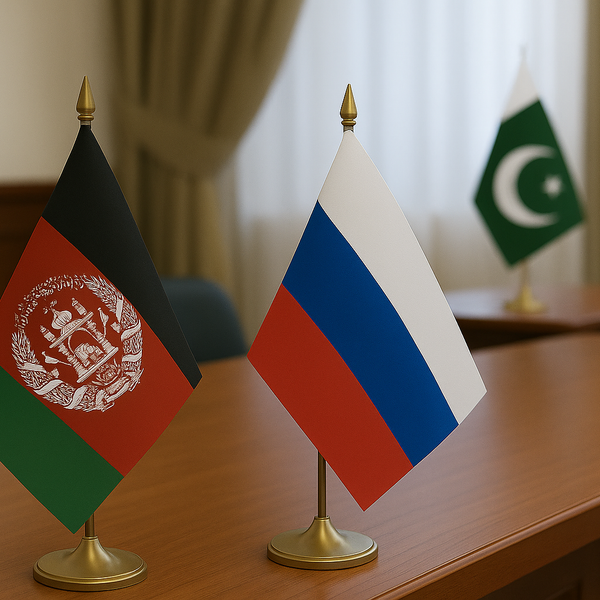News Desk
The News Desk provides timely and factual coverage of national and international events, with an emphasis on accuracy and clarity.

Bahrain's Prime Minister and Crown Prince Sheikh Salman bin Hamad al-Khalifa addresses the 79th United Nations General Assembly at UN headquarters in New York, US, September 24, 2024.
Reuters
Israel says not eager to launch ground invasion in Lebanon
Palestinian president joins country's delegation in alphabetical order first time after upgraded privileges
As the United Nations General Assembly commenced its 79th session, world leaders highlighted the escalating crisis in Lebanon and Gaza.
In his final address to the UN, U.S. President Joe Biden defended Israel’s right to war while simultaneously calling for de-escalation, a delicate balance his administration has maintained for months. He stressed the urgency of finding a peaceful resolution, warning that a full-scale war in Lebanon would have devastating consequences for both sides.

“Even though the situation has escalated, a diplomatic solution is still possible,” Biden urged.
Echoing these concerns, UN Secretary-General Antonio Guterres warned of the looming catastrophe in Lebanon, cautioning that it risked becoming another Gaza—a place he described as a "non-stop nightmare."
France, meanwhile, called for an emergency Security Council meeting to address the deepening crisis. French diplomats, alongside EU foreign policy chief Josep Borrell, who warned the situation was edging closer to a full-fledged regional war.
Israel’s ambassador to the UN, Danny Danon, pushed back against the growing pressure, emphasizing that Israel was not eager to launch a ground invasion of Lebanon.
“We don’t want to send our boys to fight in a foreign country,” he said.
Turkish President Recep Tayyip Erdogan delivered a powerful indictment of the UN’s inaction in Gaza, labelling it “the world’s largest children’s and women’s cemetery.”
Reuters
Turkey's President Tayyip Erdogan gestures as he addresses the 79th United Nations General Assembly at UN headquarters in New York, US, September 24, 2024.



In his scathing critique, he highlighted the eroding values that the West claims to uphold, challenging human rights organizations with the question: “Aren’t those in Gaza and the West Bank human beings?”
Middle East decries obstacles to peace
Qatari Emir Sheikh Tamim bin Hamad Al-Thani accused Israel of obstructing ceasefire talks and criticized Israeli Prime Minister Benjamin Netanyahu's government for being unwilling to pursue peace.
“The blatant aggression that befalls the Palestinian people in the Gaza Strip today is the most barbaric, heinous, and extensive aggression,” he stated, terming Israel’s attack “a crime of genocide”.
Iran’s leadership was equally outspoken, with President Masoud Pezeshkian condemning the UN’s “senseless and incomprehensible” inaction against Israel’s attacks.

Jordan’s King Abdullah II, meanwhile, ruled out the forced displacement of Palestinians, declaring that such an act would constitute a war crime.
A symbolic milestone
For the first time, Palestinian President Mahmoud Abbas joined the Palestinian delegation in alphabetical order, marking a significant milestone after the delegation's upgraded status earlier this year.
In May, the United Nations General Assembly overwhelmingly endorsed Palestine's bid for full UN membership, affirming its qualifications and urging the UN Security Council to "reconsider the matter favorably."










Comments
See what people are discussing